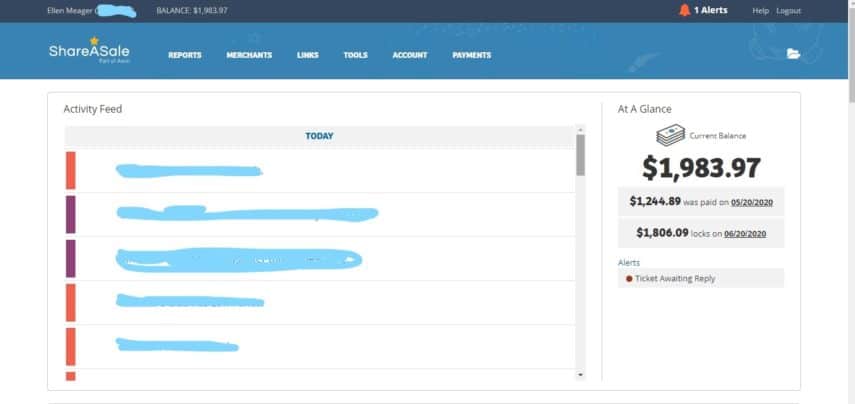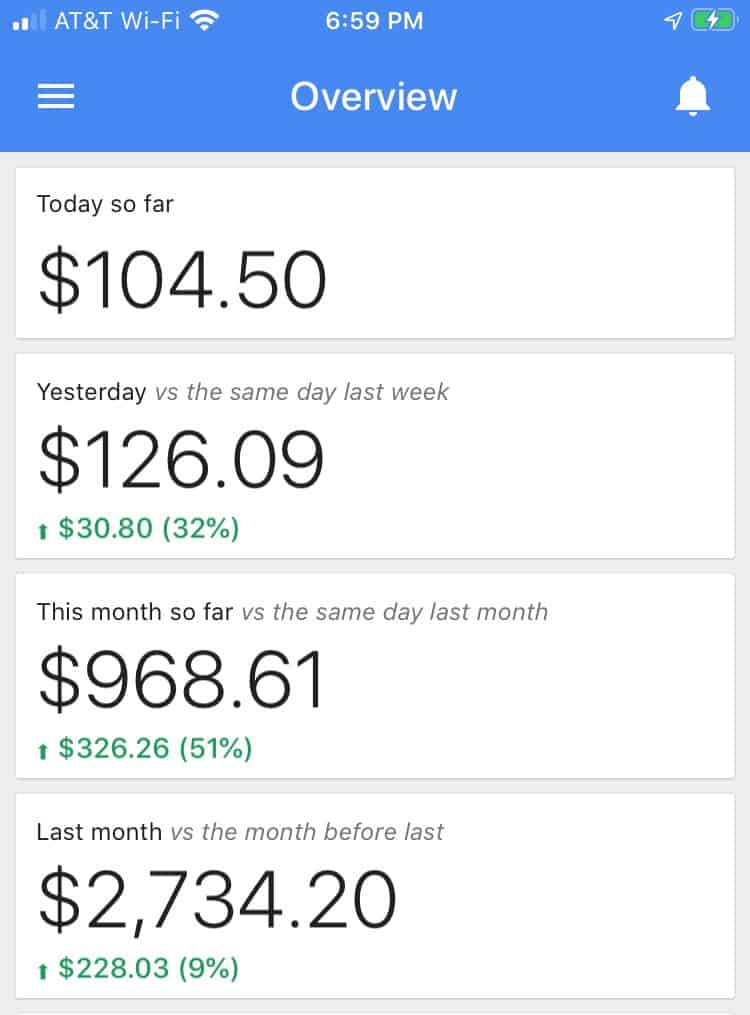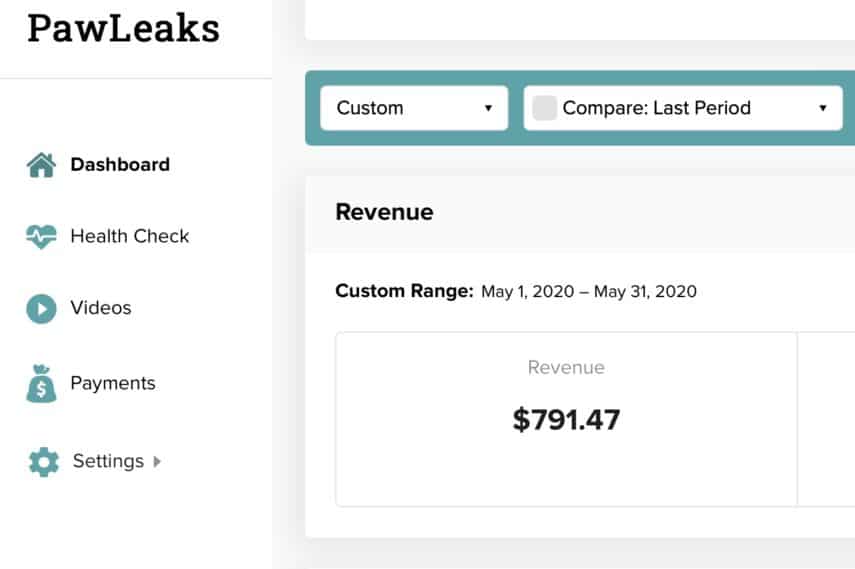These 5 Millennials Make Over $1,000 per Month Blogging. Here’s How
Our readers always come first
The content on DollarSprout includes links to our advertising partners. When you read our content and click on one of our partners’ links, and then decide to complete an offer — whether it’s downloading an app, opening an account, or some other action — we may earn a commission from that advertiser, at no extra cost to you.
Our ultimate goal is to educate and inform, not lure you into signing up for certain offers. Compensation from our partners may impact what products we cover and where they appear on the site, but does not have any impact on the objectivity of our reviews or advice.
From SEO to affiliate marketing, content to distribution, there’s a lot to learn about blogging. These millennial bloggers started their blogs about a year ago and are already making money blogging -- $1,000 or more a month.

Just because blogs came out when we were still saying “World Wide Web” doesn’t mean the entire idea of these personal publications is out of style. The medium has evolved so much since then. Now, a lot of people use blogs as part of a sophisticated marketing strategy to attract business. No more just telling personal stories, starting a blog is now serious business.
From SEO to affiliate links, content to distribution, there’s a lot to learn if you want to earn a living from your blog.
Preparation Is Key to Earning Quickly
With as many 500 million published blogs out there, getting traction on your own may not come easy. These millennial bloggers started their blogs within the last year and are already making money blogging — $1,000 or more a month, in fact — and have some advice for how to quickly go from zero to thousands per month in revenue.
1. Find your niche (and sub-niches)

Ahmed Mir created SipCoffeeHouse, a blog about how to brew and drink the best coffee. He said it’s important to figure out your niche before you start.
By knowing your niche, you can take advantage of content hubs. Once you’ve tagged multiple posts with the sub-niches they’re in, you can gather them onto a page that serves as a center to learn about that subtopic. Search engines love content hubs, and they can be a big source of traffic.
Ahmed earns money from affiliate links through Amazon by recommending coffee-related items such as electric gooseneck kettles, K cups, and Keurig coffee machines. This earned him $1,000 a month around the sixth month of blogging.
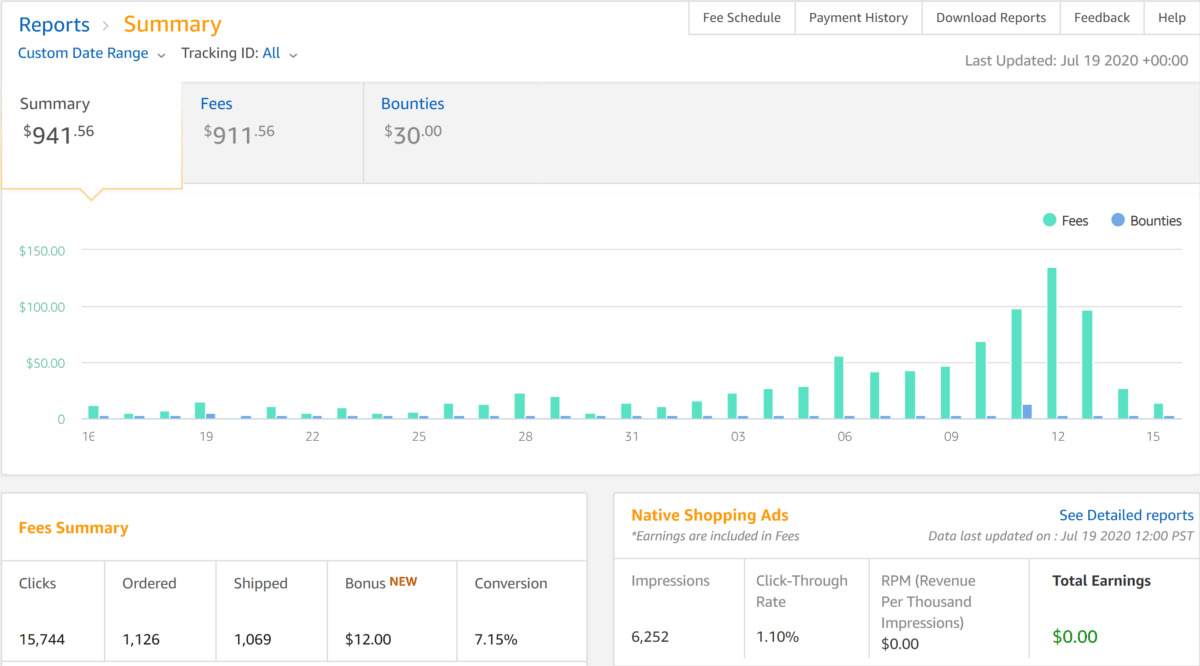
He said bloggers should write posts that relate to each other and offer internal linking opportunities. For example, he writes about coffee, which includes the sub-niches of coffee gear and beans. Those became his two key hubs to develop content around.
Keywords serve an important part of your blogging strategy. A keyword is the search term you use as the bait to bring someone to your blog. It’s what a person might put into the Google search box to find you. To optimize your blog posts for search traffic, you have to make sure these words are included multiple times throughout the post.
When you’re looking for topics, Ahmed suggests finding what are called “long-tail keywords.” They have a more focused search intent, meaning that someone is looking for something specific.
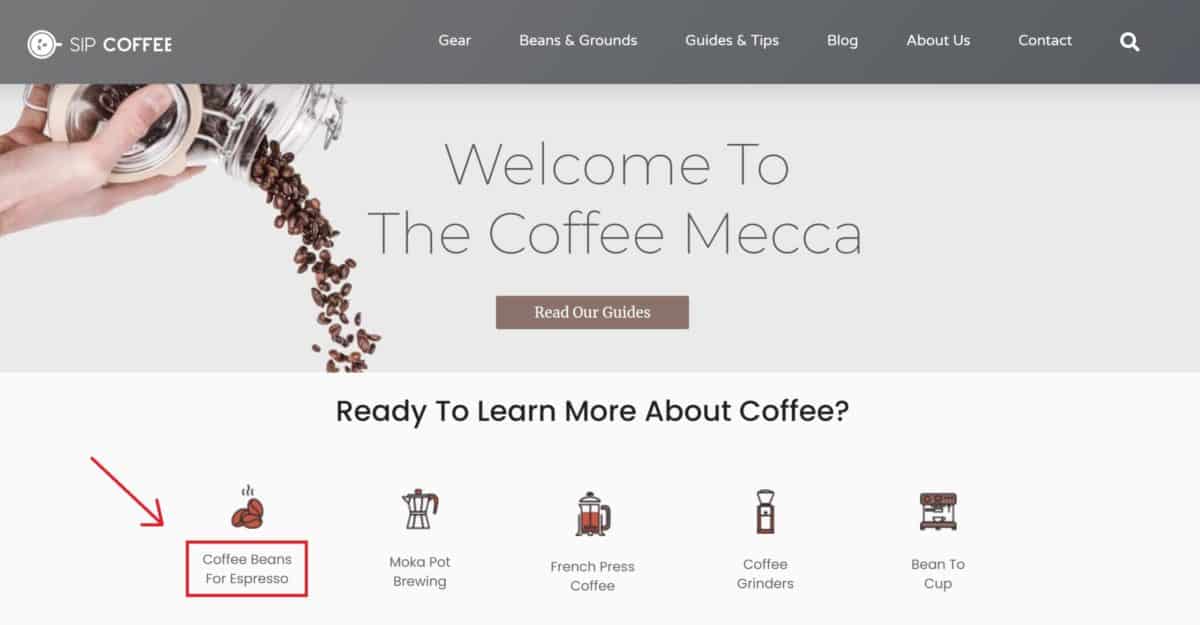
Usually, the search volume for these is lower than shorter keywords, but they offer higher conversion if you can nail the search intent or answer the query perfectly, Ahmed said. These terms can also be easier to rank for in Google.
“For example, a search for ‘best low sugar chocolate’ indicates the searcher is looking to buy but wants a specific type of chocolate,” he said. “It’s also probable they care about their health.”
This would be different from a keyword with a higher search volume, like ‘best chocolate.’ That keyword probably has 10 times more search volume.
“But you’re less likely to convert someone due to the amount of variability in how someone perceives chocolate — dark, white, with nuts, fruit, low sugar, caramel, and so on,” Ahmed said.
Instead of “dog leashes,” which would be broad, you might opt for something like, “dog leashes for dogs that pull.” Instead of “Mexican recipes,” you would want to go for a phrase like “Mexican recipes for people with diabetes.” Instead of “blinds,” try, “blackout blinds for people who work night shift.” Niche down as much as possible.
He recommends using SEO tools to find these keywords and analyze the difficulty of ranking given your site authority. His favorite tool is Ahrefs, but it costs $99 per month. It does have a 7-day trial for $7 to test and gather an initial batch of keywords to go after.
Related: How to Generate Unlimited Blog Topics That People Are Actually Searching For
2. Be you, with passion
Emilia Lewis started her blog, Pursue Today, focused on “tips, opinions, tutorials, and action items all geared toward helping you get the most out of motherhood,” in April of 2019. She was making more than $1,000 a month by November.
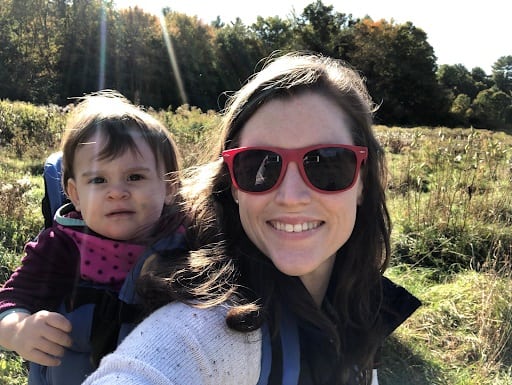
Her income comes mostly through Mediavine ads, though she also does some affiliate marketing for products such as diapers and sleep sacks.
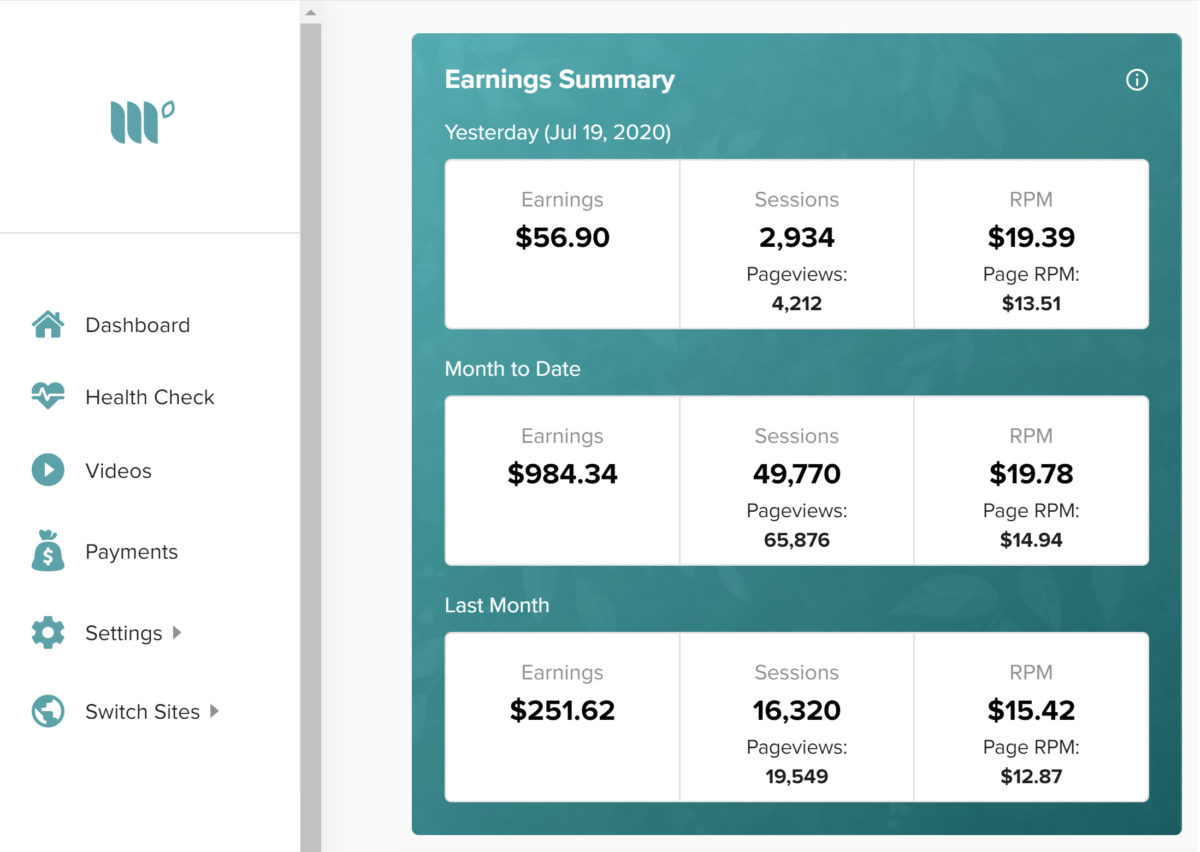
She has a background in engineering, which gave her the problem-solving skills she needed to figure out blogging as she went along. What she didn’t have was any training in digital media. She just turned what was really happening in her life into the content for her site.
“My biggest tip for new bloggers is to just write about what you live and what you love,” she said. “Too often new bloggers get hung up on what’s popular on Pinterest or Facebook and try to be something they are not. Find your passion and just write, write, write. It’s better to be a great blogger in a small niche than an average blogger in a huge niche.”
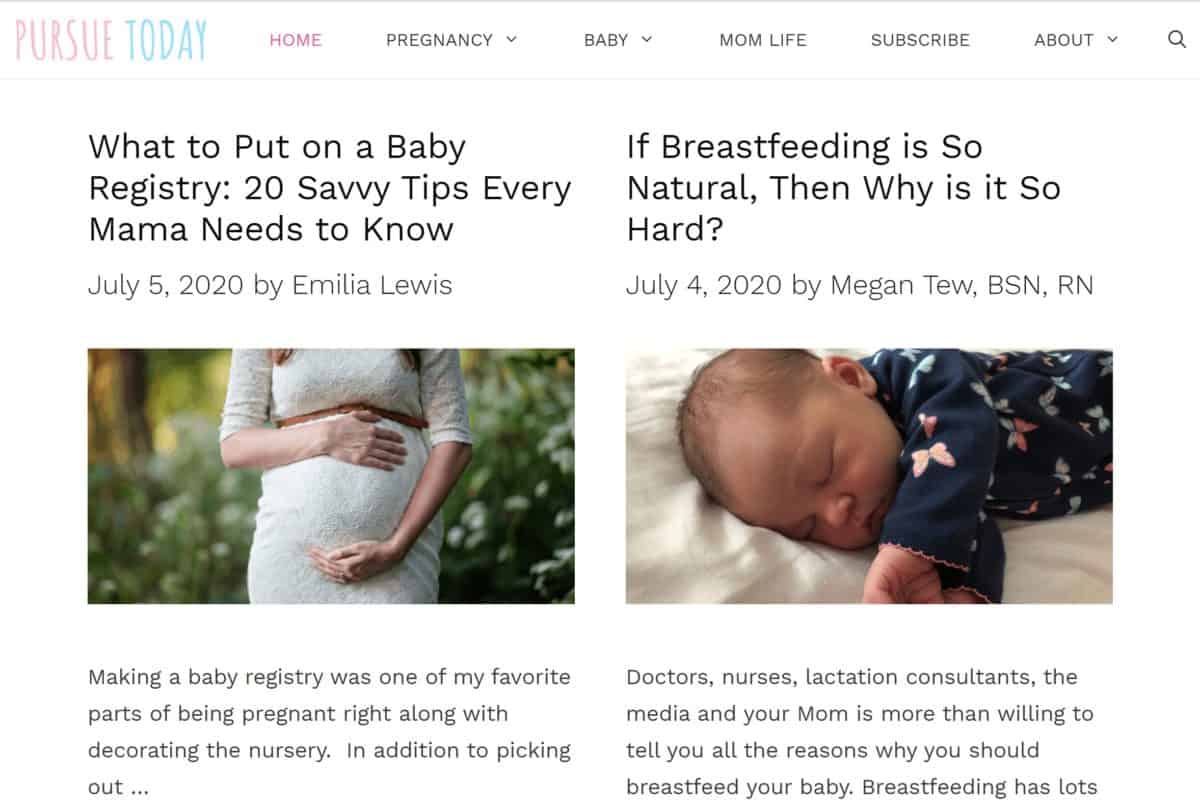
She also recommends trying to find the smallest niche you can serve well as far as your audience goes. There are thousands of bloggers who write about personal finance. You can be the blogger who writes about being a proud cheapskate. A million people are writing about travel. You can be the only one who writes about traveling Thailand as a single woman in her 40s. Think about what makes you you, and focus on that for better or worse.
3. Try and try again
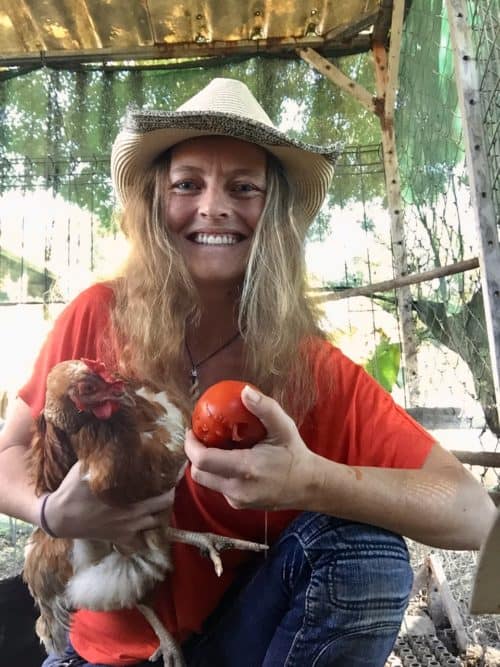
Elle Meager makes 100% of her profits from affiliate marketing with her blog, Outdoor Happens. She started this blog, her second, in September of 2019, and hit her $1,000 a month mark six months later.
“My first exposure to websites was for our plant nursery, which we operated from a remote location,” she said. “Going to markets every weekend was a chore, so I decided to start selling the plants online. It was a huge learning curve.”
Elle bought a book about Joomla, a content management system, and Virtuemart, an e-commerce software, and read those cover-to-cover.
She and her husband ran that business for 10 years. She later started a blog that never took off, and started over in September as a part-time editor and full-time mom.
“Every spare minute went into the website,” she said. Meager estimated she spent about 20 hours a week working at night, on the weekends, and during the early morning.
Through a previous work experience, she was aware of the Authority Hacker course and used some of its resources.
“It’s basically a blueprint for setting up your own affiliate blog from scratch, and I used a lot of the tips offered in that course,” she said.
She invests in her blog with paid WordPress plug-ins, such as Elementor, Thirsty Affiliates, and AAWP.
Related: How This “Mom Blogger” Makes $2,000 per Month From Her Blog
4. Think of your structure ahead of time

“Structure your blog carefully,” she tells new bloggers. “Plan out what the main theme of your blog is in advance, and section that into high-competition, high-volume category sections that you can write buckets of articles around, and then plan out the lower competition keywords you can target with individual articles.
Doing this will help you properly plan out how you’ll structure your blog for optimal user experience and SEO to help you have a chance to rank higher for both category and page-level keywords.”
For example, do keyword research in your niche to find the highest volume keywords, even if they are higher in competition. Then, Stacy advises, create a category section or page in your home menu for each high-volume keyword. This way, you can tag posts as part of those categories.
Let’s say, for example, that you’re writing in the fitness niche. You could create category tags for the popular searches of how to lose weight, weight-lifting tips, healthy eating, and healthy living. Next, you’d create clusters of 10 or more articles to go under each category. This will give your site authority in that niche and helps it rank well. Stacy says it will also build trust when readers see you have multiple posts under each topic.
Stacy should know. Before starting a blog, she had a day job in online marketing, running ads, and SEO for various companies.
Related: How to Become a Paid Influencer and Make Money on Social Media
5. Don’t give up, even if you mess up.

She finally figured out that the best way to find topics is to research keywords and consider carefully whether the search intent has already been served.
“If you don’t think that you can create a better post than the number one result in Google then don’t bother with it,” she said.
Once you have your topics, you have to stay consistent.
“Content is definitely king,” she said, adding that you should have 10-30 posts already published when you start a blog. “You can do all the research, all the analyzing you want, but if you don’t put out regular, high-quality content, you won’t show up in any search results.”
Danielle said that much of her traffic comes from interlinking and people browsing her categories. That means the more you publish right away, the more traffic you can get. Same with Pinterest, she says, since you need fresh pins on a regular basis.
It can be hard to keep up the pace, especially for someone like Danielle who posts 2-3 times a week, because it takes a while to gain traction. Sometimes you feel like no one is watching.
“Definitely don’t give up even though you won’t get traffic at first,” she said. “In April, I doubled my traffic which was the first big boost after nearly a year. It will happen to you. You will grow with your blog and you will become better over time.”
Danielle says that it takes time and testing until Google ranks the articles properly. A common statistic she hears among bloggers is that it takes 3-6 months until a blog post is at its final ranking position.
Making Money with a Blog Does Come with a Time Commitment
When you’re just starting out, making the time to write those blogs can be so hard, especially when your affiliate earnings chart looks like it’s charting inches of rain in Arizona. These bloggers have learned that you have to make a plan, know why it’s your plan, serve a small niche, and hang in there.
Related:


